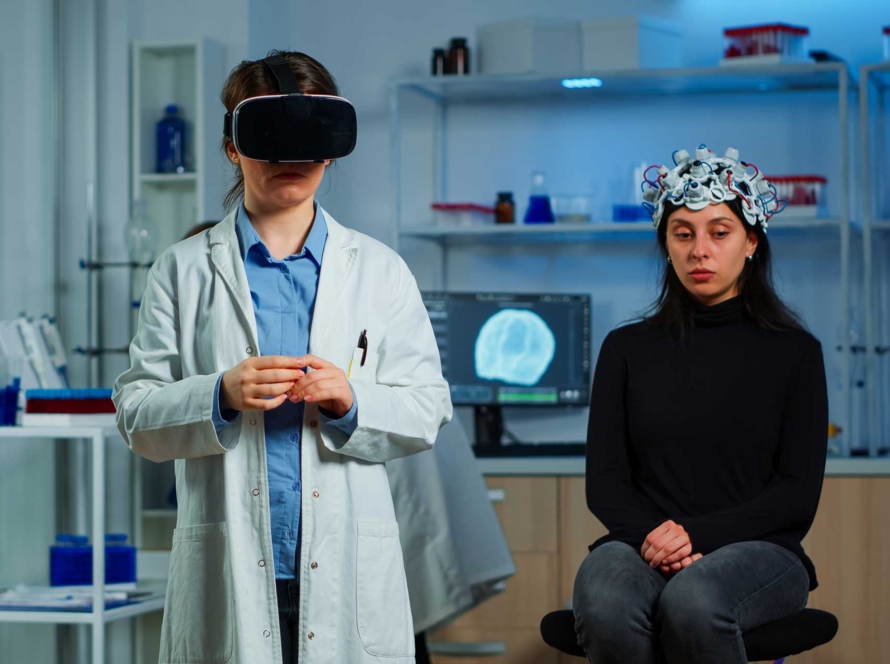The healthcare industry is undergoing a profound transformation, largely driven by the integration of information technology (IT) services. This digital revolution is not only enhancing patient care but also improving operational efficiency and driving innovation across the sector. In this blog, we’ll explore the pivotal role that IT services play in healthcare’s ongoing digital transformation journey.
Enhancing Patient Care
One of the primary goals of healthcare digital transformation is to enhance patient care. IT services are instrumental in achieving this through:
Electronic Health Records (EHRs): The transition from paper-based records to EHRs has streamlined data access and sharing among healthcare providers, leading to more informed decisions and improved patient outcomes.
Telehealth and Remote Monitoring: IT services enable telehealth consultations and remote patient monitoring, increasing access to care, especially in remote or underserved areas.
Data Analytics: Big data analytics and machine learning help identify trends and insights from patient data, facilitating early diagnosis and personalized treatment plans.
Streamlining Operations
Efficiency is critical in healthcare, and IT services are central to optimizing operations.
Appointment Scheduling: Digital scheduling systems reduce wait times, improve patient flow, and enhance overall clinic efficiency.
Inventory Management: IT-driven inventory systems ensure that medical supplies are available when needed, reducing waste and saving costs.
Billing and Claims Processing: Automated billing and claims processing systems reduce errors and speed up reimbursements, leading to better financial health for healthcare providers.
Data Security and Compliance
Patient data security is paramount in healthcare, and IT services are essential in safeguarding this sensitive information.
HIPAA Compliance: IT services help healthcare organizations adhere to the Health Insurance Portability and Accountability Act (HIPAA) regulations, ensuring the privacy and security of patient data.
Cybersecurity: Robust cybersecurity measures, including encryption and threat detection systems, protect against data breaches and cyberattacks.
This digital revolution is not only enhancing patient care but also improving operational efficiency and driving innovation across the sector.
Driving Innovation
IT services are catalysts for innovation within the healthcare industry.
Genomic Medicine: IT plays a crucial role in storing and analyzing vast amounts of genomic data, leading to breakthroughs in personalized medicine and genetic research.
Artificial Intelligence (AI): AI-driven diagnostics and treatment recommendations are enhancing healthcare decision-making.
IoT Devices: The Internet of Things (IoT) connects medical devices, allowing real-time monitoring and data collection, further improving patient care.
Improving Access to Information
IT services ensure that healthcare providers have immediate access to critical information.
Mobile Applications: Healthcare apps empower clinicians with instant access to patient records and medical resources, even when on the move.
Data Sharing: Health Information Exchanges (HIEs) enable secure sharing of patient data among authorized providers, reducing redundant tests and improving care coordination.
Conclusion
IT services have become the backbone of healthcare digital transformation. They not only improve patient care and operational efficiency but also contribute to data security, innovation, and accessibility. As the healthcare industry continues to evolve, the role of IT services in shaping its future cannot be overstated. Embracing these technologies is not just an option but a necessity for healthcare organizations committed to providing the best possible care in the digital age.



